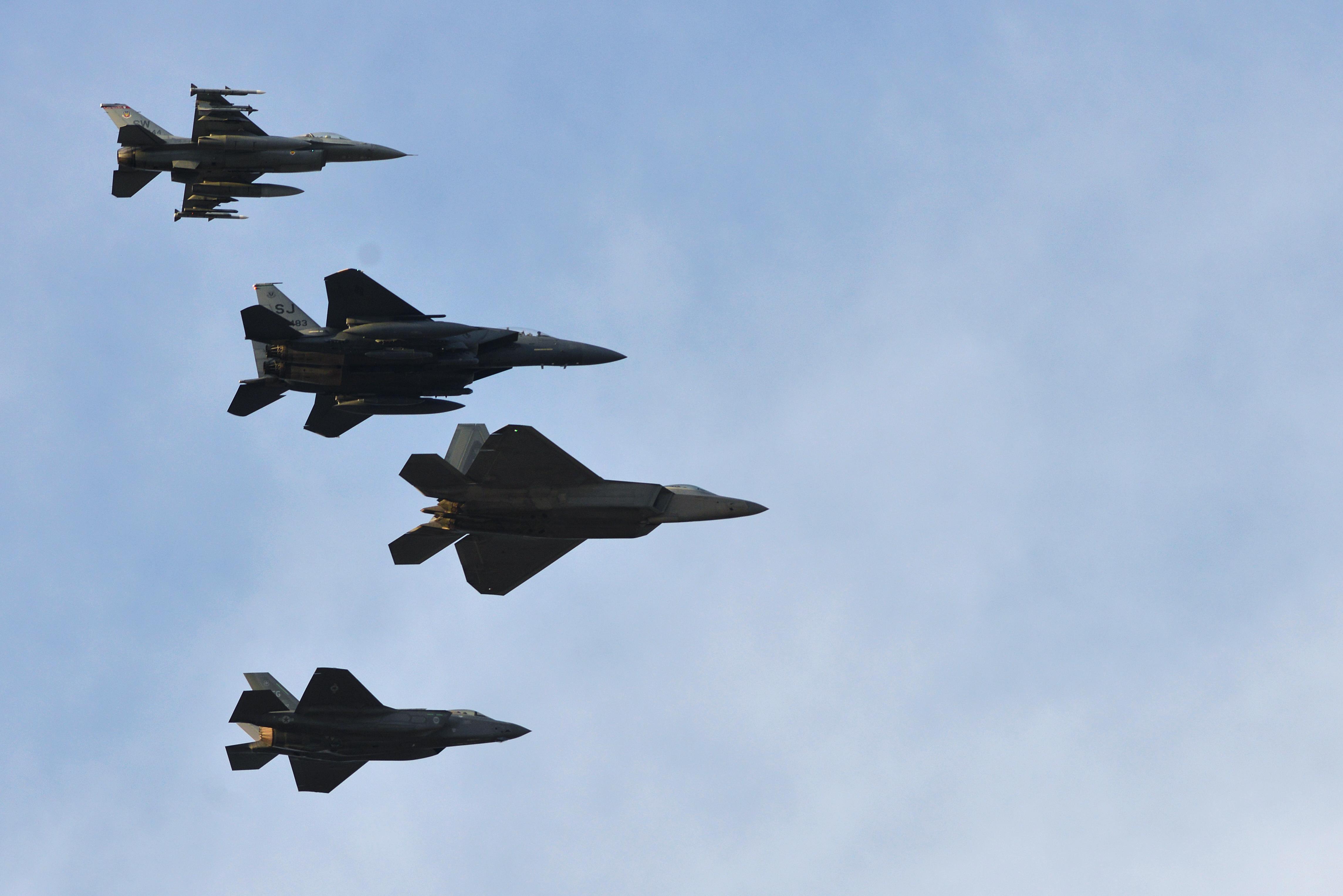Last week, the Senate and House voted to prohibit any reduction in America’s permanent troop deployment to Europe in a rare display of bipartisan unity, only to see President Trump ignore them days later when he announced troop withdrawals from Germany. Senate Republicans had stood up to the president, joining Democratic colleagues to deny Trump a campaign pledge to reduce US forces overseas. Regrettably, this rare bipartisan act is wrong-headed. Why? New research shows that permanent troop deployments have little impact on America’s ability to deter aggression overseas, while carrying significant costs of their own.
Pentagon leaders have consistently resisted the president’s entreaties to reduce permanent overseas troop deployments, be it in South Korea, Japan, or – most recently – Germany, worrying it will embolden China, North Korea or Russia. Maintaining permanent forces abroad, typically with their families, is remarkably expensive. And Russian aggression in Ukraine and Chinese assertiveness in the South China Sea should make military policymakers question their conventional wisdom.
The Stimson Center recently completed an analysis of more than 100 events since the end of the Cold War, when the US used the armed forces to coerce another country without resorting to actual war. For example: US leaders have sent aircraft carriers into the Persian Gulf to convince Iran to change its behavior, and held frequent military exercises with South Korea to demonstrate US resolve to the North. One key finding of the Stimson research is that, during a crisis, moving new forces into the region does significantly increase the chance that an adversary will back down. But the number of troops, aircraft, and ships already in the region prior to a crisis had no impact on the outcome.
Read the full article in Breaking Defense.




